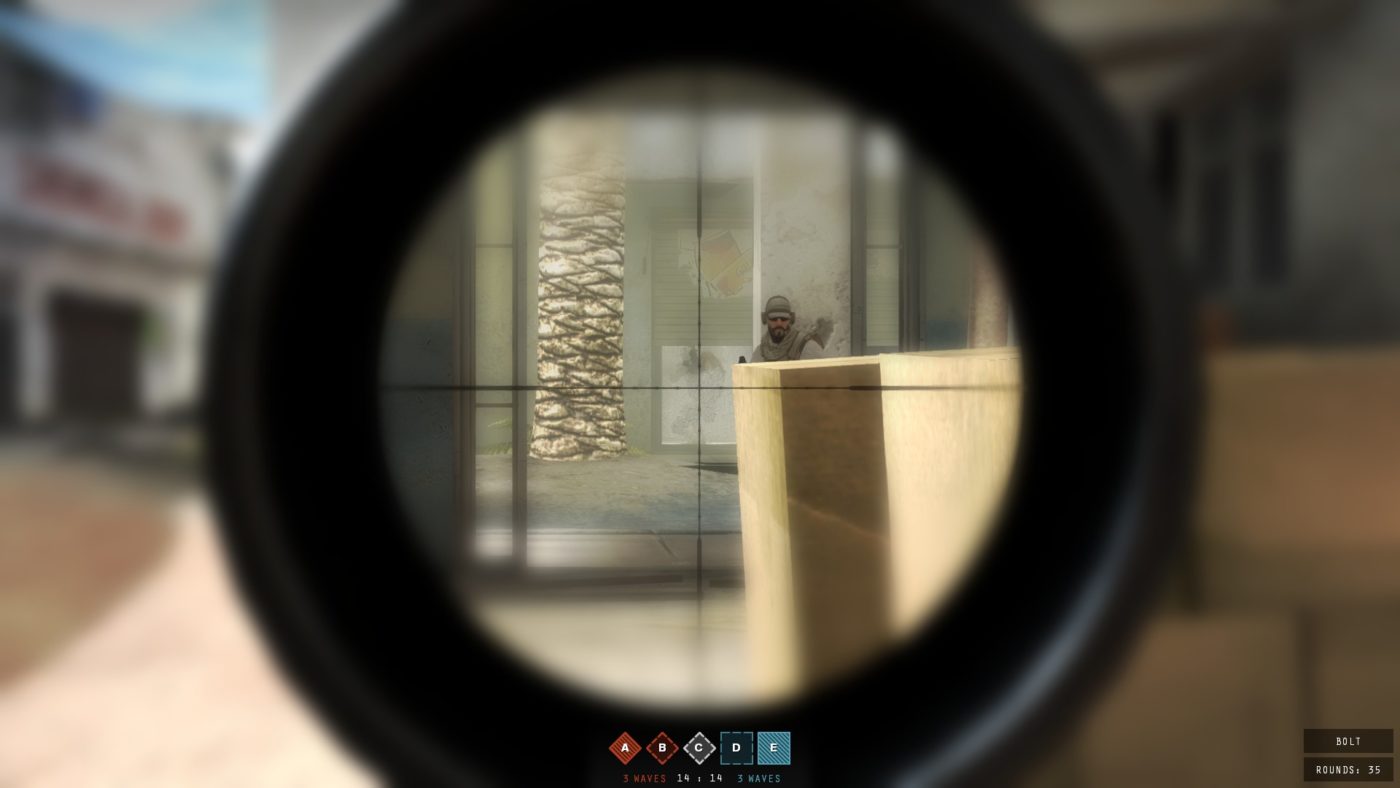On negative space in the painting..
Monday, May 7th, 2018[ by Charles Cameron — where might mist be the opposite of tree? ]
.
When I heard the words “negative space in the painting” on MSNBC a couple of days ago I was intrigued — was this an unanticipated art program? Terrific! Next thought: the use of negative space is particularly noted in Japanese art:
In Japanese, ma, the word for space, suggests interval. It is best described as a consciousness of place .. the simultaneous awareness of form and non-form deriving from an intensification of vision.
Here’s Wiki’s visual exmple:
.The Pine Trees screen is a pair of six-panel folding screens by the Japanese artist Hasegawa Tohaku. .. The screens are held by the Tokyo National Museum, and were designated as a National Treasure of Japan in 1952.
The ink-on-paper work depicts a view of Japanese pine trees in the mist, with parts of the trees visible and parts obscured, illustrating the Zen Buddhist concept of ma and evoking the Japanese wabi aesthetic of rustic simplicity.
Japanese classical aesthetics are subtle where Western modern aesthetics are obvious, deep where their Western cousins tend to the superficial, and while I wouldn’t care to elaborate on the definitions of ma and wabi, I don’t think “rustic simplicity” catches much of the resonance of wabi, and the phrase “Zen Buddhist concept” is on the clumsy side IMO — well, however.
**
DT Suzuki‘s Zen and Japanese Culture was among my early purchaases as a young Oxford scholar with book money and BH Blackwell’s to plunder — and ma and wabi, along with sabi and yugen, rasa and raga, duende, lachrimae and mutabilitie — are among the art-induced mind-&-heart-states I’ve long found of impassioned interest.
For what “negative space” referred to on MSNBC, see the second post in this series of three..







